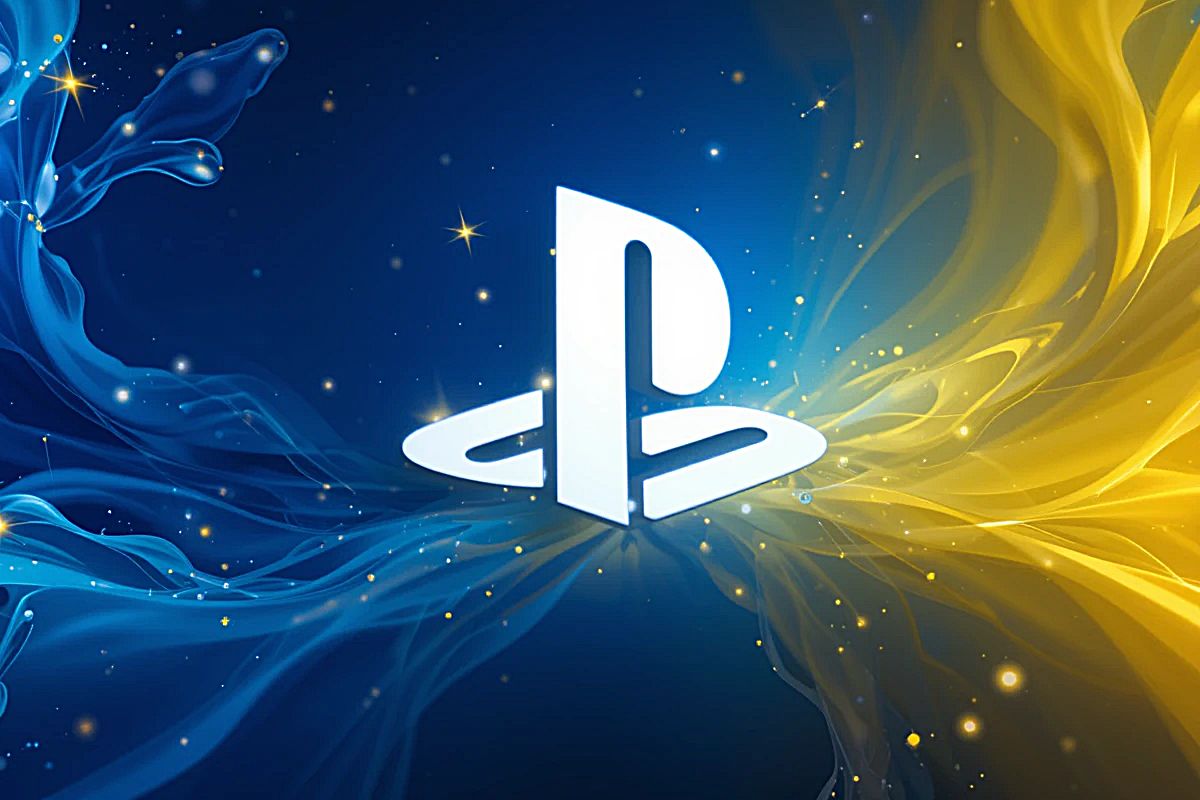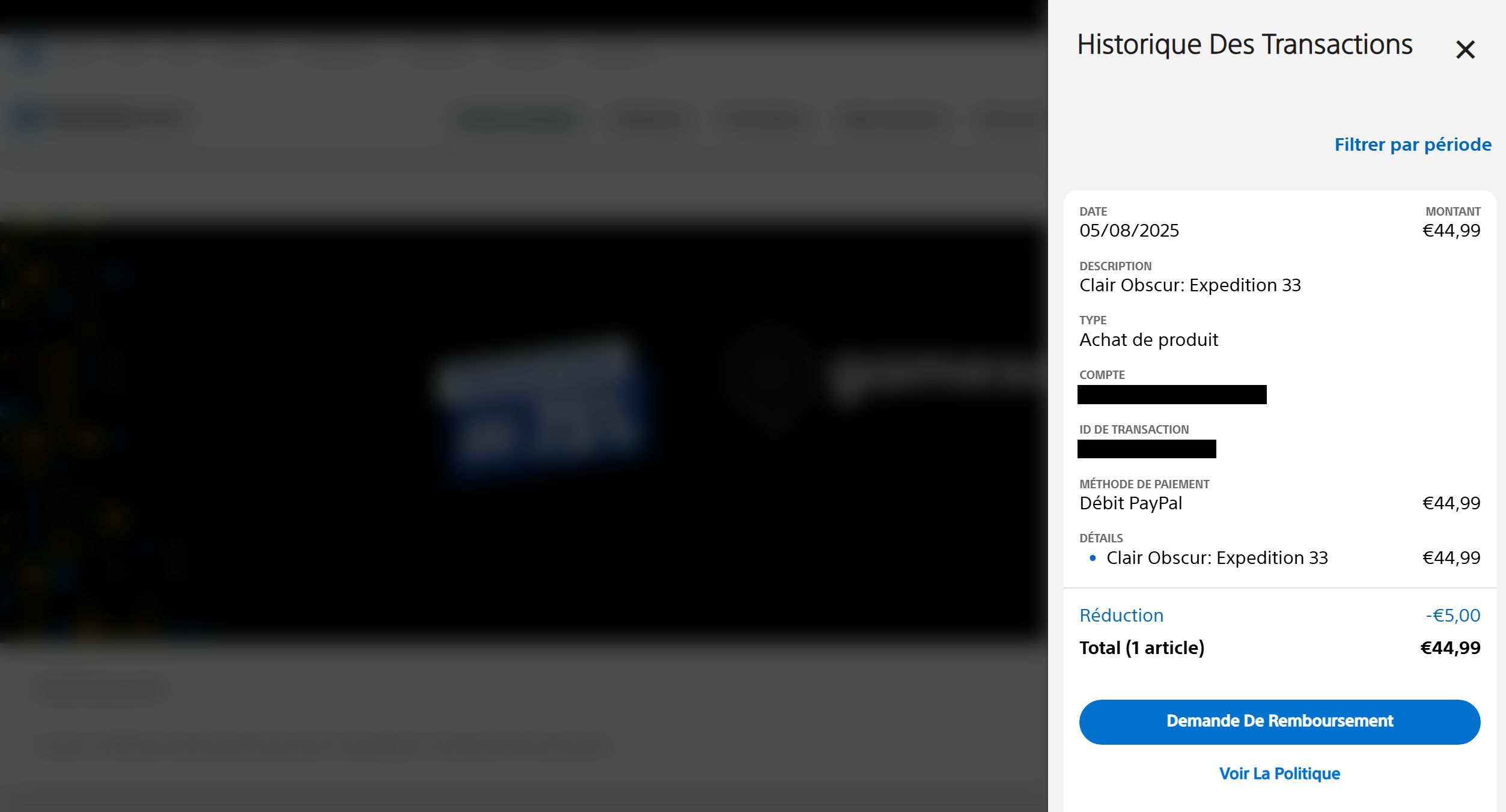PlayStation Quietly Adds a New Feature — and It’s Great News for Your Wallet
For a long time considered outdated and frustrating, the refund process on the PlayStation Store has finally undergone a revolution. Sony has quietly rolled out an update that will change the lives of many players—and more importantly, ease the strain on their wallets. No more endless back-and-forth with customer support: from now on, everything can be done in just a few clicks.
Until now, requesting a refund on the PlayStation Store was a true administrative nightmare. Between maze-like links, endless waiting times with customer service, and the overall frustration, many players simply gave up on their legitimate claims. But since August 25, 2025, that dark era is officially over.

Image credit: Sony
A simple yet quiet improvement
No more dealing with customer service agents to get your money back. The process is now surprisingly straightforward:
- Open the PlayStation app or visit the official PlayStation Store website
- Log in with the account used for the purchase
- Go to the “Transaction History” tab
- Select the eligible game or item
- Click on “Request a refund” and wait

Simple, fast, effective. Sony now aligns itself with competitors like Steam, already known for their accessible refund policies. Still, Sony chose to remain discreet with this much-awaited update—and for good reason: the company is likely concerned about a potential flood of refund requests.
Rules quietly shifting?
Officially, the eligibility conditions remain the same: refunds are only granted if the purchase was made less than 14 days ago and the content has not been downloaded or streamed. However, several player reports suggest a quiet softening of these strict rules.
On forums and specialist sites, users claim they’ve received refunds for games already downloaded—and in some cases, even played. This raises the question: is Sony quietly testing a more flexible policy? When contacted, official support continues to insist on the strict rule: once downloaded, content is non-refundable.
This apparent contradiction could be explained by a transition period where some agents have more leeway in applying the rules. Or perhaps Sony is preparing, behind the scenes, a deeper overhaul of its policy—similar to what Steam and GOG have been offering for years.
A change that could shake the PlayStation ecosystem
So far, Sony has never released official figures regarding refunds, but estimates hovered around 5 to 10%, a rate similar to Steam. By making the process easier, the company could see requests rise significantly.
For developers and publishers, this change poses a serious challenge: quality is more crucial than ever. Sloppy releases and poor ports will no longer slide by, as players can now voice their dissatisfaction directly with their wallets. This virtuous cycle could ultimately benefit the entire PlayStation ecosystem.
This modernization also comes at a time when PlayStation Store sales are multiplying, giving players more opportunities to try new titles with peace of mind. Meanwhile, Sony continues to strengthen its ecosystem. PlayStation Plus, for example, is working to meet player expectations with more frequent Day One releases. In fact, some industry veterans even argue that PS Plus is better than Microsoft’s Game Pass.
A step toward modernity, but still a long road ahead
Despite this major step forward, Sony still lags behind its competitors’ standards. Steam has long allowed refunds for any game played under 2 hours within 14 days of purchase. GOG goes even further, offering a 30-day refund guarantee—even for completed games.
Still, the PlayStation Store’s evolution reflects a positive trend for consumers. After this administrative simplification, players are now hoping for looser eligibility conditions that would finally bring Sony in line with modern industry practices.
While waiting for any official announcements, this quiet yet significant update undeniably marks a turning point in the relationship between Sony and its community. A win for consumer rights that could pave the way for further improvements across the PlayStation ecosystem.









